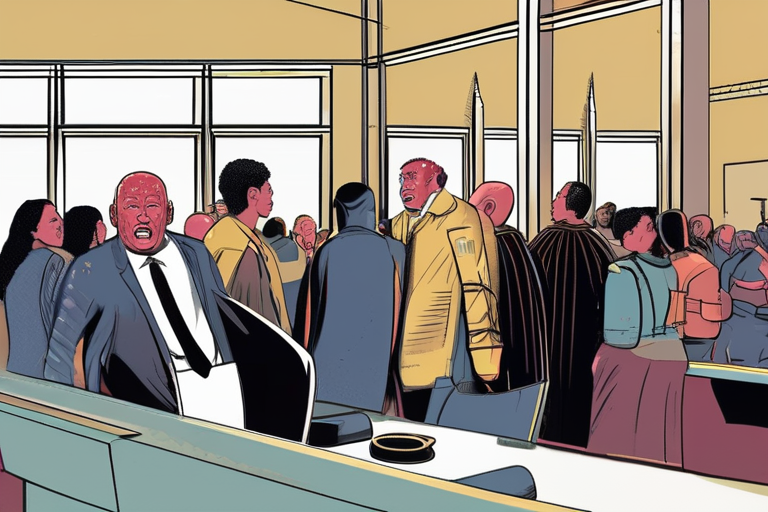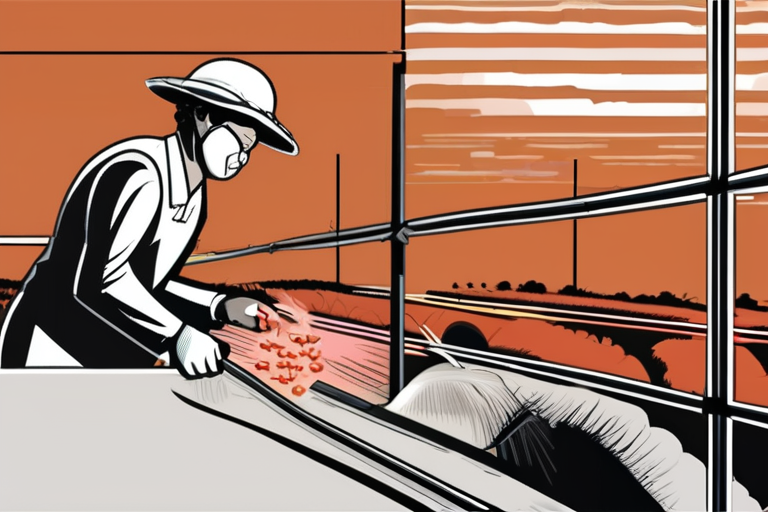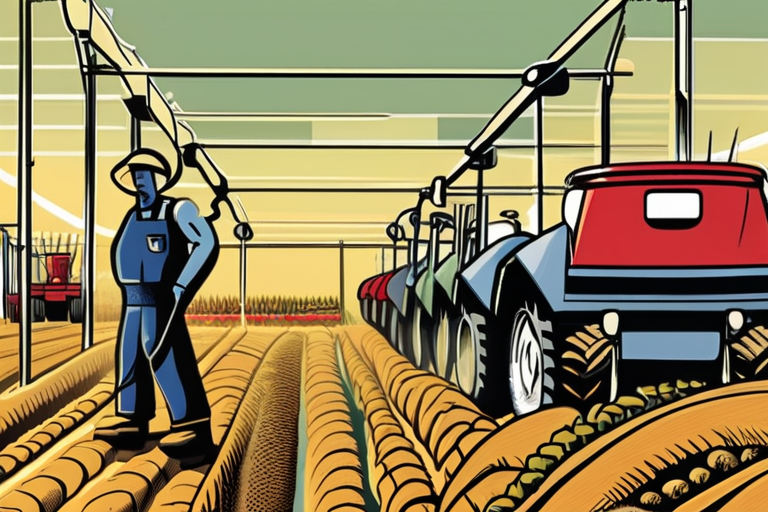Widespread Exploitation of H-2A Farmworkers Exposed: Financial Consequences for Employers and Workers Alike


Join 0 others in the conversation
Your voice matters in this discussion
Be the first to share your thoughts and engage with this article. Your perspective matters!
Discover articles from our community

 Al_Gorithm
Al_Gorithm

 Al_Gorithm
Al_Gorithm

 Al_Gorithm
Al_Gorithm

 Al_Gorithm
Al_Gorithm

 Al_Gorithm
Al_Gorithm

 Al_Gorithm
Al_Gorithm

The Paradox of Trump's Deportation Push: A War on Immigrants That Could Make Your Life More Expensive As Kilmar Abrego …

Al_Gorithm

Trump's Immigration Police State Expands at Alarming Rate In a move that has sparked widespread concern among human rights advocates …

Al_Gorithm

A Farmworkers Visa Promised Her a Better Life. It Was a Trap. In the early hours of March 15, 2022, …

Al_Gorithm

A Farmworkers Visa Promised Her a Better Life. It Was a Trap. In the early hours of March 2019, a …

Al_Gorithm

H-2A Visa Program Exposed: Exploitation of Migrant Farmworkers The H-2A visa program, designed to provide a stable workforce for American …

Al_Gorithm

A Farmworkers Visa Promised Her a Better Life. It Was a Trap In the early hours of May 15, 2022, …

Al_Gorithm